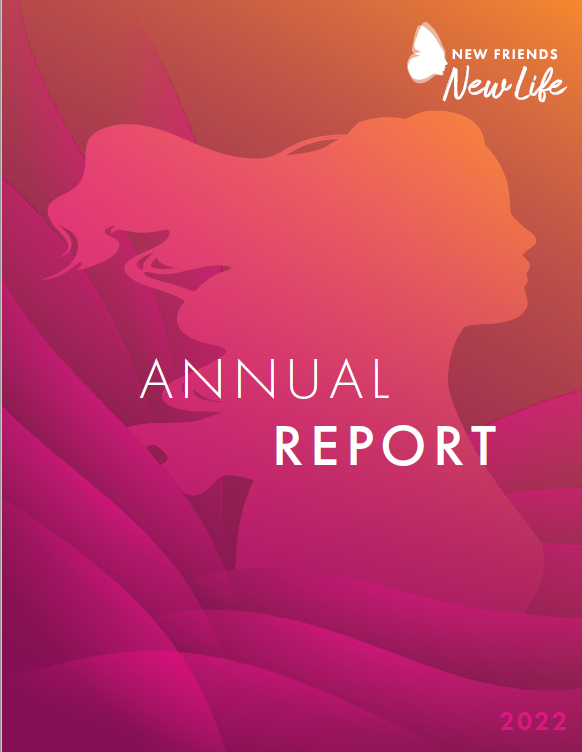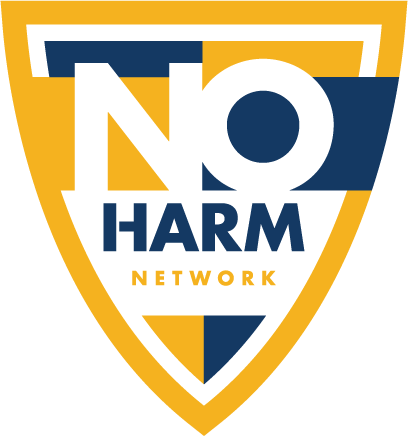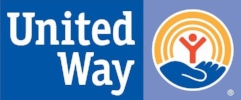All For One?
/Written by Jessica Brazeal, MA, LPC-S, EMDR Certified, Chief Programs Officer
For the last 14 years, I have been working as a therapist with survivors of domestic violence during the month of October, which also happens to be Domestic Violence Awareness Month. It is an honor to be a witness for these individuals every day, but it feels especially poignant during this month. Every year, I am reminded of the strength, courage, resilience, and general grit that survivors of domestic violence demonstrate daily. Every year, I continue to be in awe of these women I serve.
I began my career at Genesis Women’s Shelter & Support, another local non-profit that supports women and children that have been impacted by domestic violence, spending thousands of hours counseling women in abusive relationships. When I arrived at New Friends New Life, I quickly realized that so many of the elements present in domestic violence are also present in trafficking. Not surprisingly, most of the women we serve at NFNL have also experienced domestic violence itself. Domestic violence is an issue that affects 1 in 4 women nationally and 1 in 3 women in Texas, so this made sense to me. It seemed that this issue of women being controlled and abused by their partner in their homes was going to be a continued focus for me.
When your home is a war zone and every move you make could result in your injury or harm, whether that is physical or emotional harm, every day of survival requires such effort, focus and courage. Your alarm bells are ready at all times. Your sonar for any hint of threat is keenly honed. You are highly skilled at detecting any shift or change in the atmospheric pressure. You are a survivor. Unfortunately, that often takes a devastating toll on the bodies and minds of these strong and courageous individuals.
In that same way that any ongoing stressor impacts your physical health, domestic violence is no different. In addition to the physical injuries directly from abuse, the ongoing impact living in this type of environment has a direct impact on the body. Mental health suffers as a result as well. In our offices, we see increased levels of depression, anxiety, helplessness, overwhelm, hopelessness and hypervigilance as just a handful of potential symptoms someone may be experiencing as a result of the home they are living in. So often, absent the context, these individuals are given mental health diagnoses that are inaccurate due to their fear of disclosing the reality of what is occurring to their health providers. Their symptoms potentially match those of other major mental health diagnoses, which is then the diagnosis they are given, when in reality they are experiencing Post-Traumatic Stress Disorder (PTSD). One of the reasons this is so significant for survivors to understand is that organic mental illness or mental health diagnoses can be lifelong conditions to manage while PTSD is a mental health diagnosis that is resolvable. It doesn’t have to be lifelong. The suffering can end.
In her seminal work ‘Trauma and Recovery’ from 1992, Judith Herman says this about the tactics of an abusive partner and their impact: “The ultimate effect of these techniques is to convince the victim that the perpetrator is omnipotent, that resistance is futile, and that her life depends upon winning his indulgence through absolute compliance.” At the time, Herman was discussing domestic violence specifically, but read that sentence again. That sentence could just as easily be applied to the dynamic between a trafficker and his victim: perception of omnipotence, discouraging resistance, survival is dependent upon doing exactly what he says. The tactics are the same, the dynamic is the same, the impact is the same.
Because of these similarities and connections, at New Friends New Life we recognize the importance of Domestic Violence Awareness Month and providing support around this experience as an integral part of the work we do with our members. Herman goes on to say in ‘Trauma and Recovery’ that the “first principle of recovery is the empowerment of the survivor.” This brings us back to that initial point of the strength, courage, resilience, and grit of the women we serve and all survivors of domestic violence. When she first begins to receive support, she may not believe these things or see these qualities in herself. Our job is to highlight them over and over again until she sees in herself what we see in her. And what we see is a woman who is unstoppable.
Herman, J. (1992). Trauma and recovery: The aftermath of violence from domestic abuse to political terror. New York: Basic Books.





















